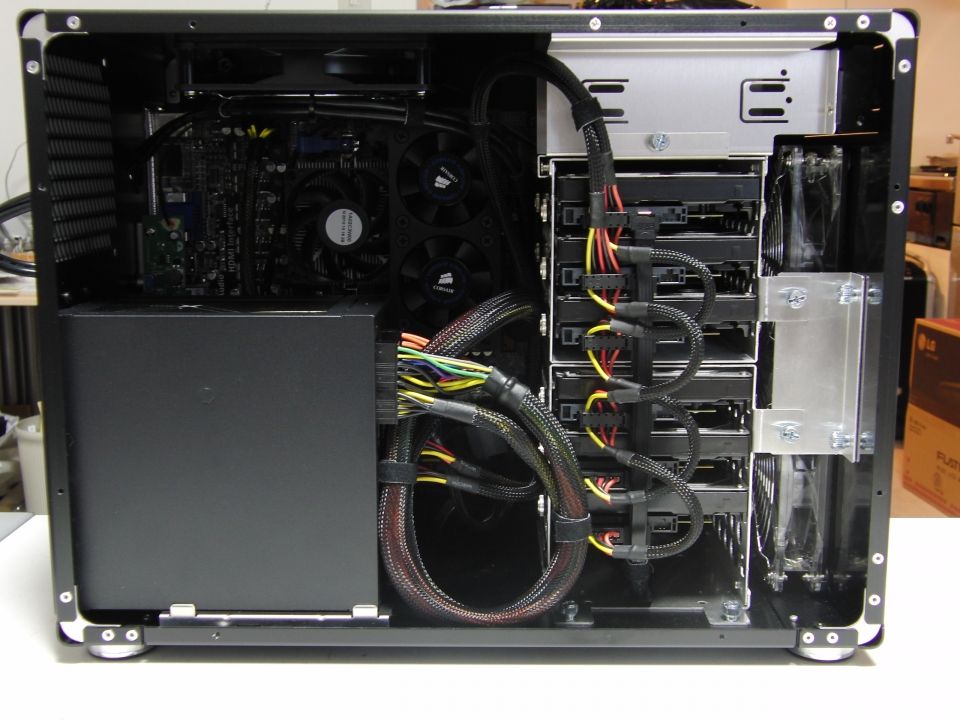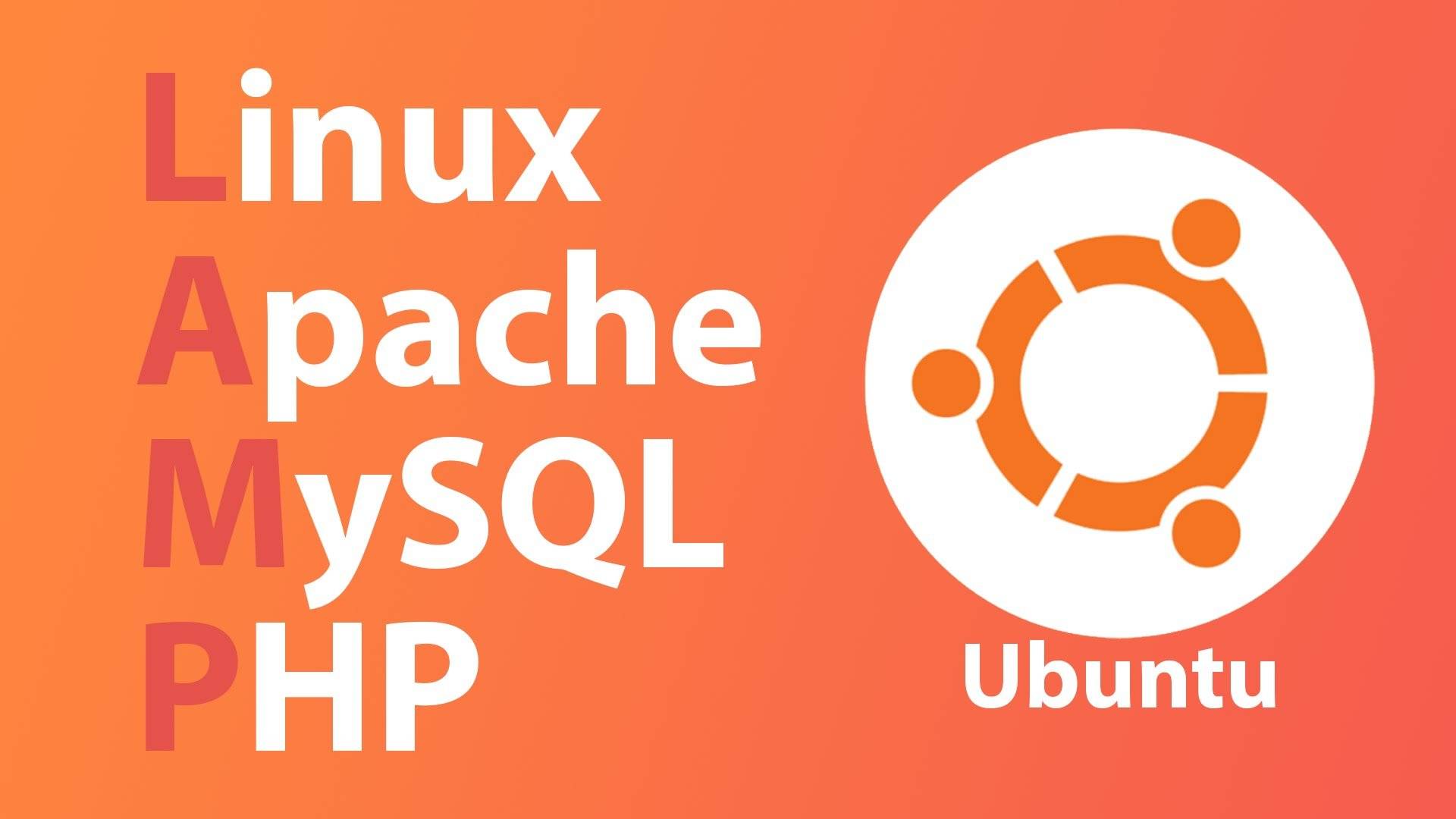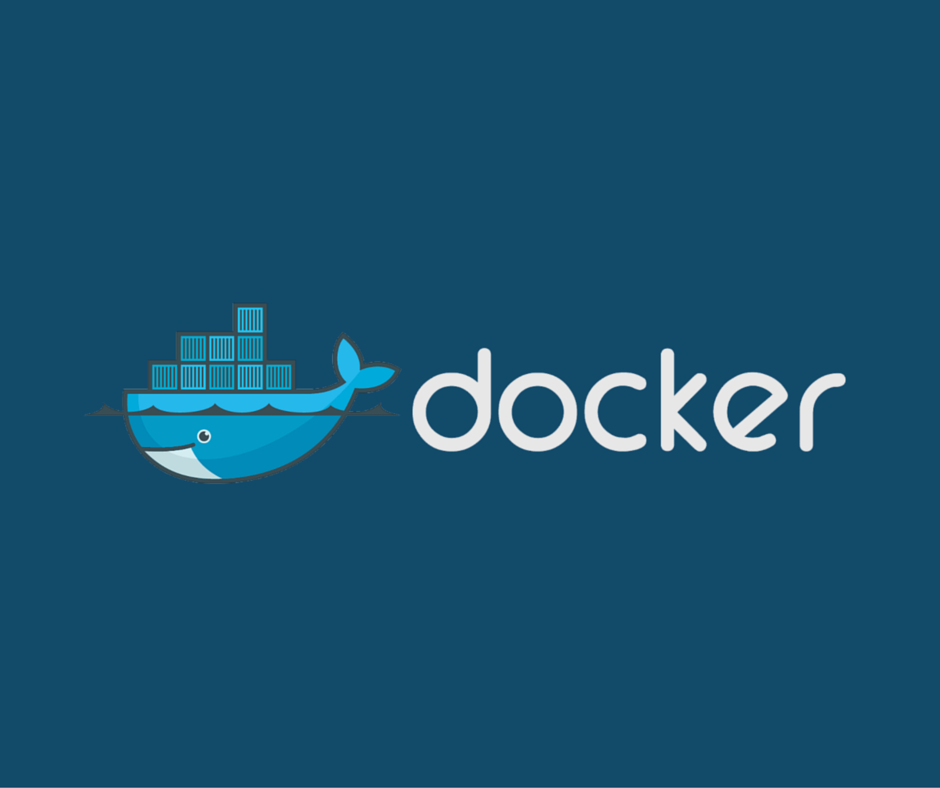While off the shelf storage solutions like NAS can be quite expensive, you can easily build your own storage server with some old hard disks and a disused PC (or even a Raspberry Pi) quite easily. This is great for storing your music, movies or even taking backups of your other machines over something like SAMBA.
How to Install a LAMP Stack on Ubuntu 20.04
A LAMP (Linux, Apache, MySQL, PHP) stack is a common, free, and open-source web stack used for hosting web content in a Linux environment. Many consider it the platform of choice on which to develop and deploy high-performance web apps (you can also use NGINX as your web server and MariaDB for the database, depending on speed and load requirements).
Run your Own Moodle Server
Students can now create a fully functional Moodle server from a template in XOA. By doing this they can gain valuable experience in setting up an Online Learning Platform. Moodle is offered as a cloud application by many providers and used by schools and colleges across the world, so this tutorial is worth a read!
Manage your XenServer or XCP-ng Pool with Xen Orchestra… inside Xen Orchestra!
We use Xen Orchestra as the web interface for students to create and manage VMs via our XCP-ng Pool in PJ Carrolls. The login is found at https://xoa.comp.dkit.ie and most students are familiar with this excellent resource. But what if a student wanted to mange their own pool of virtualisation servers in a Specialist Lab, running either XCP-ng or XenServer?
Continuous Integration Pipelines with GitLab using XOA
GitLab Runner is the open source project that is used to run your jobs and send the results back to GitLab. It is used in conjunction with GitLab CI, the open-source continuous integration service included with GitLab that coordinates the jobs.
Introducing Docker Containers to Computing Students
Up until now, students have had access to creating Virtual Machines (VMs) on the Dundalk Institute of Technology network via our Xen Orchestra Appliance (XOA) at http://xoa.comp.dkit.ie. But VMs in the real world are rapidly being replaced by “containers”, so it’s time to take things to a whole new level.
Express.js Web Application
Express.js provides an easy way to create web server and render HTML pages for different HTTP requests by configuring routes for your application.
Getting started with Pug template engine
Leveraging Citrix XenServer Tools
Ideally, you should use the “Quick Instances” and other VM templates provided by our Xen Orchestra Dashboard when creating virtual servers for your project. These have been optimised with tools and drivers designed to get the best performance from your virtual machine, and to access advanced features such as safe shutdown in the event of power outage. But what if your VM was built from scratch, can you still access these tools?
Open and Read a file with Node.js
You can open a file for reading or writing using fs.open()method.










